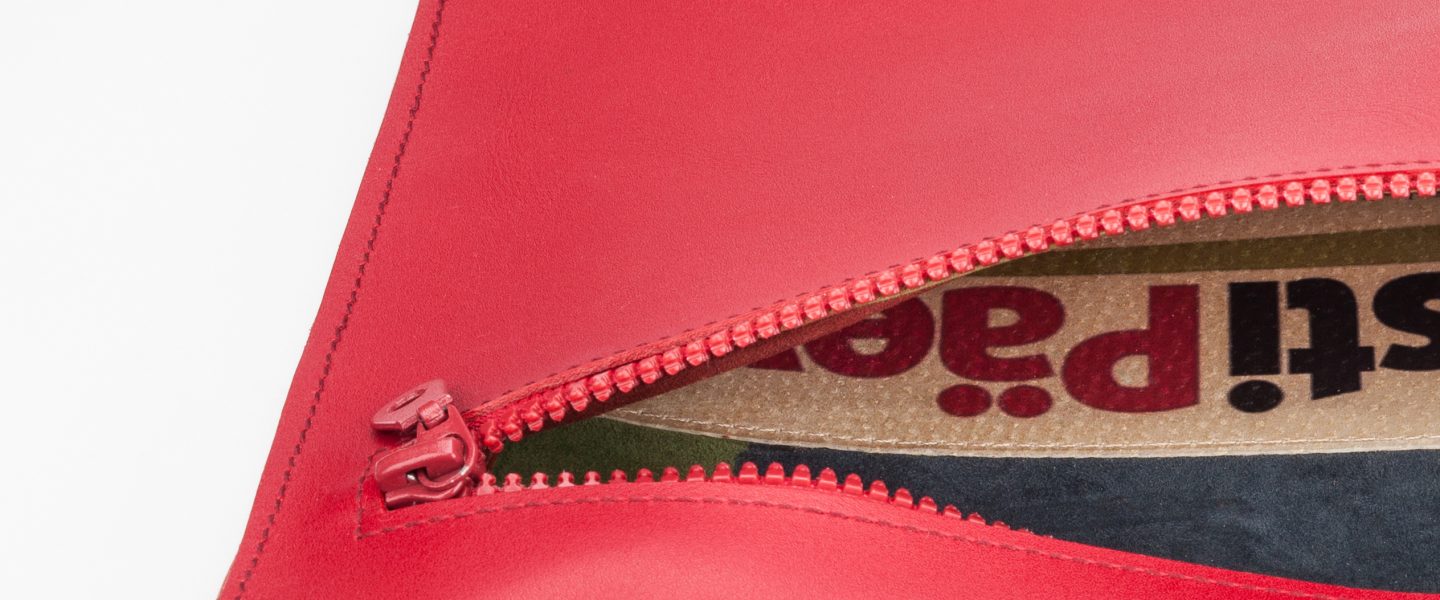
Author: Toomas Tikenberg
Põhja pst 7, A501
Start Date:
09.09.2021
Start Time:
15:00
End Date:
09.09.2021
Jaana Päeva, PhD student of the Estonian Academy of Arts, Curriculum of Art and Design, will defend her thesis ‘Everyday Companions. Meaning-Making Process Through Handbag Design’ („Igapäevased kaaslased. Tähendusloome protsess käekotidisaini näitel“) on the 9th of September 2021 at 15.00 at Põhja pst 7, room A501.
The defense will be held in English.
Please, register HERE
Supervisor: Dr Nithikul Nimkulrat (OCAD University)
External reviewers: Dr Rosita Nenno, Dr Malcolm Barnard (Loughborough University)
Opponent: Dr Malcolm Barnard
The subject of this thesis is handbag design. The recent decade has witnessed significant growth in the handbag market since handbags have become an essential everyday accessory, a portable manifestation rather than a functional product. The emphasis is on the cultural construction of the meanings of bags because handbags reflect changing everyday needs and the thinking of the time being relevant both on personal and cultural-historical levels. Handbags are the focus of this thesis and are taken as independent sculptural and functional objects that are close to but separate from the human body; the thesis concentrates on handbag design and designing and excludes the meaning-making involved in product marketing.
The doctoral thesis applies research through design and the semiotic approach to connect the past and the present of handbag design in order to explain the communicative potential and the cultural production of meanings of handbags through linkages between the physical characteristics of bags and their perception past and present. The study asks: How is it possible for a handbag to communicate meaning and how can the designer generate meanings in the handbag he/she designs?
The thesis presents three creative cases. The first case focuses on the novel characteristics of bag design; in particular, those considered innovations and their meanings. In contrast to the novel, the second creative case aims to define a classic bag and concentrates on the most enduring features of handbags. The third creative case focuses on the Estonian-origin handbag designs and the case aims to find specific features of handbag design, which can be identified as Estonian design, or that defines handbags as ‘local’.
Each creative case consists of three phases. First, the historical research examines handbag design in Estonia from 1918 to 1940. The historical period between the world wars was the first period of the independence of Estonia but, more importantly, the period bursting with innovative designing and first social rules towards carrying handbags, both locally and internationally, was chosen as the most inspiring and highly relevant in handbag history from the viewpoint of a designer and a practitioner. Second, the creative outcome of the cases includes three collections of bags whose design processes are informed by the most outstanding features from the historical analysis. The second phase explains the principles of the design process, describes and presents images of prototypes in detail and reflects on the bag making. The third phase collects and analyses contemporary feedback from respondents on the created handbags. Feedback observations and interviews allowed to compare past and present perceptions to detect characteristics of bags in which meanings have remained similar or changed over the years. Feedback analysis helps understand how handbags are perceived and interpreted, thus revealing the potential of meaning-making through handbag design.
Members of the Defence Council: Dr Liina Unt, Dr Anu Allas, Dr Kristi Kuusk, Prof Kirke Kangro, Prof Indrek Ibrus, Dr Danielle Wilde, Dr Kärt Ojavee, Dr Kristina Jõekalda
Please find the PhD thesis HERE
